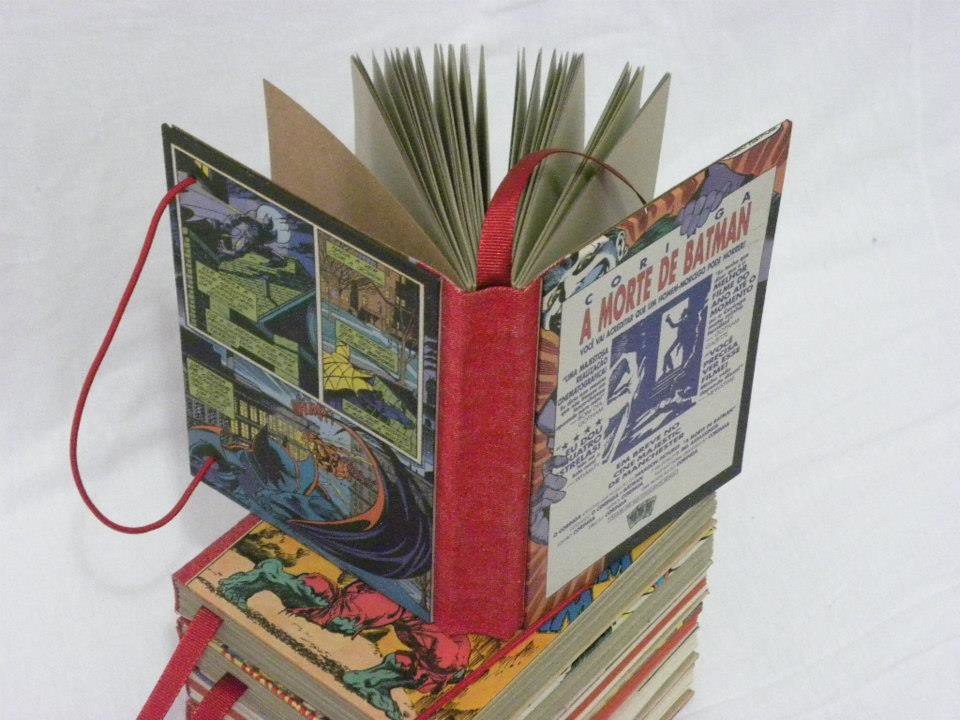Iconic characters are not just part of great stories – they become part of who we are. From Sherlock Holmes, with his brilliant mind and eccentric behavior, to more recent figures like Eleven from Stranger Things, some characters transcend their narratives and establish themselves as cultural landmarks. But what really makes a character memorable? In this article, we will explore the elements that make characters unforgettable and how these aspects can be applied to creating new stories.
Complex and Relatable Personalities
One of the most important factors in making a character memorable is the complexity of their personality. A good character has layers and internal conflicts that make them human, even when they aren’t literally.

Example:
- Walter White (Breaking Bad): He is both the hero and the villain of his own story, navigating between his desire to protect his family and his unbridled ambition.
Complex characters invite the audience to connect emotionally, generating empathy or, in some cases, repulsion. This creates engagement.
Writing Tip: Work on a consistent emotional arc. Show the flaws, desires, and tough choices that shape the character.
Visual Appearance and Distinctive Traits
Physical or visual traits also play a fundamental role. Think about how Darth Vader, with his black armor and mechanical breathing, became instantly recognizable.

Common Features:
- Unique outfits.
- Scars or tattoos.
- Characteristic expressions or gestures.
These visual elements help cement the character’s image in the audience’s memory and contribute to their cultural impact.
Writing Tip: When describing a character, use specific details that highlight their uniqueness.
Clear and Consistent Motivations
Memorable characters have clear motivations that drive their actions. These goals help the audience understand why they do what they do, even if they disagree.
Example:
- Katniss Everdeen (The Hunger Games): Her motivation to protect her family drives nearly all her decisions.
Writing Tip: Build a strong “why” for your character. This serves as a foundation for their plot development.
Memorable Dialogues
Who doesn’t recognize iconic lines like “I am your father” from Star Wars? Impactful dialogues can immortalize characters.

Examples:
- “With great power comes great responsibility.” (Spider-Man)
- “Frankly, my dear, I don’t give a damn.” (Gone with the Wind)
Writing Tip: Invest time in creating lines that capture the essence of the character and advance the narrative.
Connection to Cultural Context
Memorable characters often reflect the values or conflicts of their time. This makes them more relevant and enduring.
Example:
- Black Panther (T’Challa): A symbol of Black empowerment and representation in a historic moment.
Writing Tip: Consider how your character can resonate with current cultural or social issues.
Transformation Throughout the Journey
Transformation arcs make characters dynamic and engaging. Whether changing for better or worse, a character’s evolution often makes them unforgettable.
Example:
- Elizabeth Bennet (Pride and Prejudice): Her emotional journey and self-acceptance make her a captivating heroine.
Writing Tip: Create a transformation arc that is authentic and rooted in real challenges within the narrative.
A Touch of Mystery
Characters that leave something to the imagination remain intriguing. Think of figures like Hannibal Lecter, whose psyche is a fascinating puzzle.
Writing Tip: Drop hints about unknown aspects of the character and reveal answers gradually.
Conclusion

Creating memorable characters requires more than creativity – it requires understanding human psychology, working with striking visual and narrative elements, and building emotional connections. Characters don’t just serve the story; they are the story.
